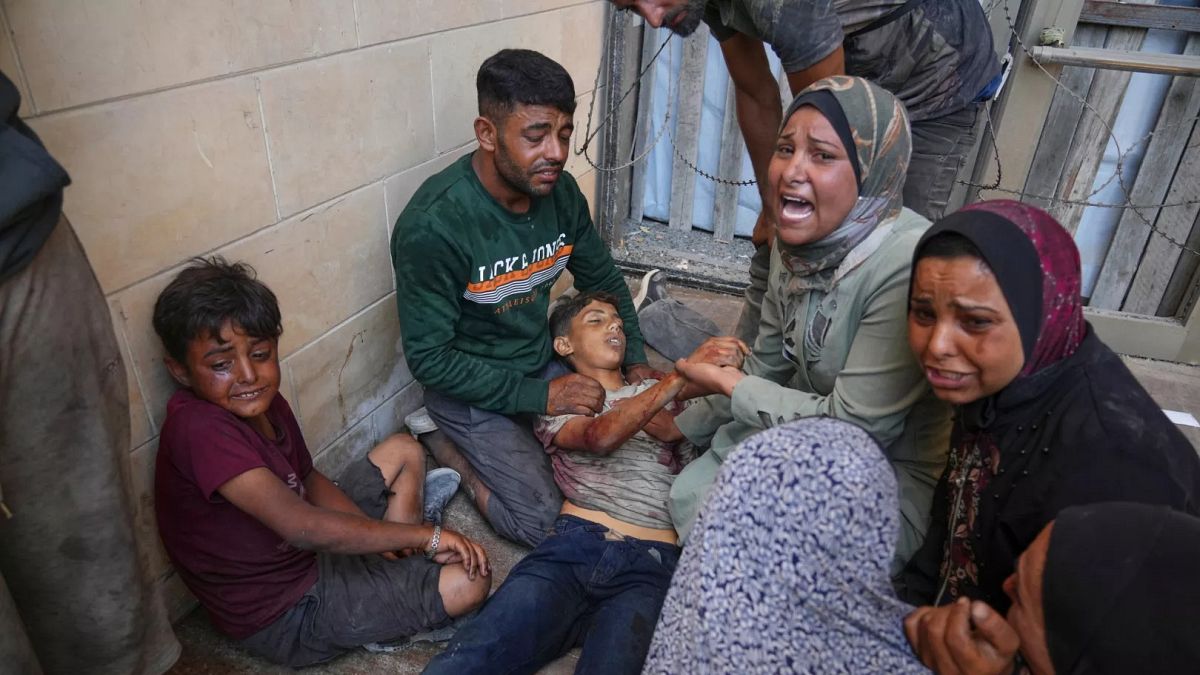

In recent days, the series of events unfolding in the Middle East and Ukraine have drawn considerable international attention, marking significant geopolitical developments. A mindful exploration of these situations uncovers layers of complexity, providing a clear perspective on the unfolding narratives.
In the heart of Gaza, the humanitarian scenario remains deeply concerning. Reports from Gaza hospitals indicate a tragic rise in fatalities due to Israeli fire, with over a dozen individuals losing their lives in their quest for essential aid, amidst an escalating hunger crisis. The United Nations reports a concerning increase in hunger-related deaths, echoing the gravity of the situation. Despite United States diplomacy, with envoy Steven Witkoff lauding the Gaza Humanitarian Foundation’s efforts, the challenges remain daunting and persistent.
Parallelly, political tensions underscore the region’s intricate dynamics. Israel’s recent proposal of ‘voluntary migration’ has spurred dialogue among Gaza’s inhabitants, who perceive it as a preliminary step towards enforced displacement, raising alarms on potential socio-political repercussions. This discourse feeds into the larger questions of identity and self-determination that persist as essential undercurrents of the conflict.
In Israel, internal political dynamics are influenced by external perceptions, as highlighted by Scottish First Minister John Swinney’s recent pronouncements, framing Israel’s actions in Gaza as a form of genocide. These remarks have amplified the international dialogue, underscoring the continued scrutiny of Israel’s military actions from different quarters.
The delicate situation in Gaza also sees lengthening shadows cast from hostage crises. The repeated video releases by Hamas of captured individuals have ignited urgent calls for truce negotiations, emphasizing the dire need for policies fostering peace and negotiation over continued conflict.
Across the continent, the Ukrainian conflict unfolds with its own set of challenges. Reports confirm Ukrainian strikes on Russian facilities aimed at curtailing drone activities. In response, heightened military maneuvers by major powers, including the movements of nuclear submarines by the United States, reflect the conflict’s broadening scope, reinforcing the dialogue on regional security and peace initiatives.
Recent military developments in Ukraine also coincide with a period of national mourning, following significant casualties due to drone and missile strikes, illustrating the humanitarian cost interwoven with geopolitical strategies.
As these complex narratives continue to evolve, they highlight the profound impact of political decisions and actions, urging the global community for mindfulness and empathy. Maintaining a focus on humanitarian efforts and diplomatic engagements remains essential for nurturing hope in regions beleaguered by conflict and ensuring pathways to sustainable peace.
Source: {link}
